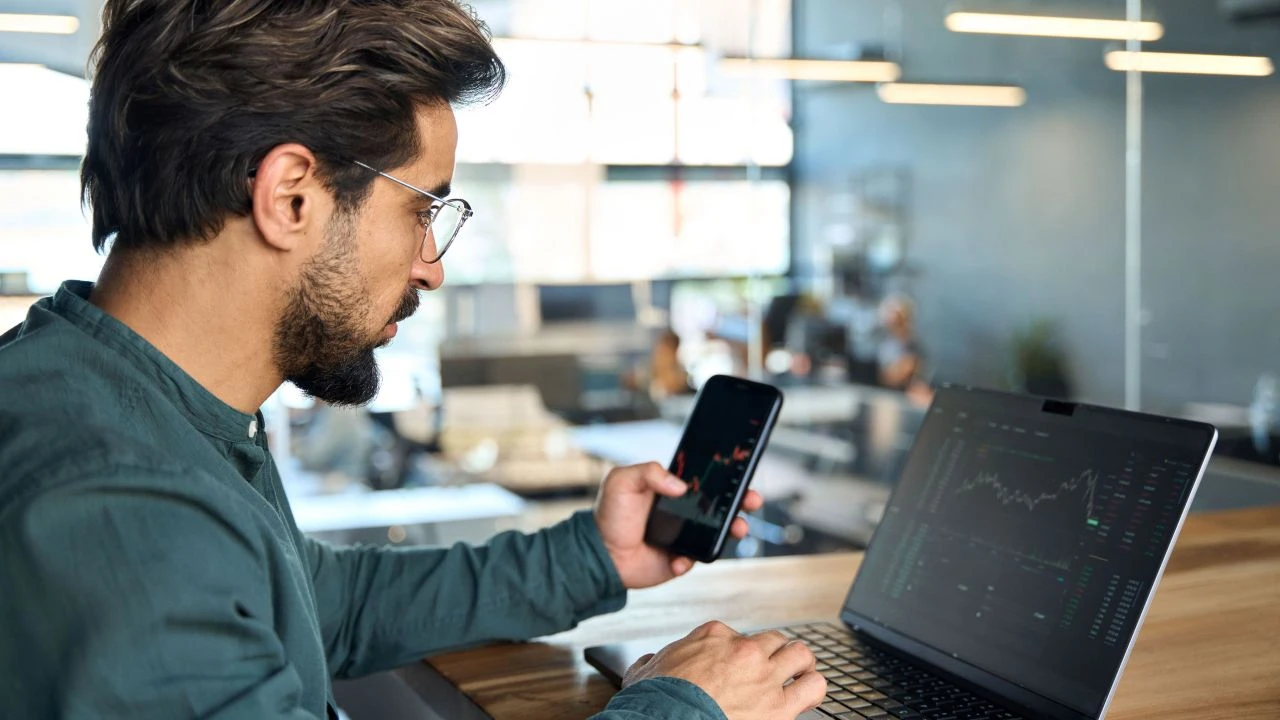Forex volatility is the measure of how frequently a currency’s value changes. A currency either has high volatility or low volatility depending on how much its value deviates from its average value. More volatility leads to higher Forex trading risk but also opens up more opportunities for the trades since the price moves are more significant, leading to higher profits. Volatile Forex trading comes with an element of managing risk to the best of the trader’s capability. A way to handle such dangers is to buy and sell currency pairs incrementally since that cuts down risks that come from sudden movements. This also helps traders who wish to invest with a long-term perspective. Identifying currency volatility can be a complicated task since volatility by nature is unpredictable.
However, it is possible to at least get some idea about the volatility in the market through historical volatility in charts, understanding the market scenario, and being aware of the ongoing market conditions and country news.
Various trading strategies can help you mitigate the risk that comes from a volatile Forex market. These allow you to make profits out of trades and also minimizes risk protecting you against any losses.
In this article, we’ll discuss everything you need to know about trading in volatile markets:
1. Keep your position sizes low
Keeping your position size low enables you to protect your investments from significant losses. Especially if you wish to escape the volatile periods, it is recommended to risk no more than 5% of your total account value on open trades. This gives your position more room to move, and even in the case of worst-case scenarios, you do not lose more than you can afford.
2. Trade with respect to news and events
Being aware of the current events and news happenings is one of the most critical things while trading in the Forex market. Following current affairs alerts you against circumstances that may negatively impact the value of the currencies. Currency volatility also depends on political turbulence. Hence, following general awareness news helps you to identify potential fluctuations.
3. Use charts and indicators while trading
Various technical indicators help you anticipate market sentiment and future market conditions. It helps you predict the future price direction and studying charts and indicators enables you in formulating a solid risk management strategy. You can also choose when to trade and avoid any highly volatile forex market periods of trade through this.
4. Use stop-loss trades
Stop losses are one of the most effective ways to minimize risk while trading. Especially while trading volatile currencies, the stop loss ensures that losing any trades is accounted for beforehand. You can select a particular level of loss that you can bear in the worst-case scenario and stop your trade with that specific value. This way, even if your currency pair witnesses enormous losses during a volatile market, you are only exposed to losses that you can afford.
5. Have a solid Forex trading strategy and adhere to it
The first and foremost step while entering the Forex market is to devise a Forex trading strategy plan with everything in place, according to your trading practices and goals. Sticking to this plan is even more important as that will help you manage volatility swings. When you have a trading plan that you follow, you navigate volatile markets seamlessly and trade more consistently.
6. Maintain a trading journal
Keeping a log of all your trades and their prices is an exceptional habit to adopt. It keeps everything in an organized place and allows you to go back and check on the information about the trades you have made in the past. It is also valuable while trading in a volatile Forex market as it allows you to see your past trades and understand what has worked in your favor and what has not. This then leads to making better trade decisions that protect you against losses. A well-maintained journal ensures that you become a better trader in the future through the process of self-evaluation, reflection, improvement, and in-depth understanding of your trade behavior.
Volatility and Risk
Volatility and risk are directly proportional concepts. They are also related but have some distinct differences that a trader must understand. Volatility is something that is absolutely unpredictable and out of a trader’s control. On the other hand, the risk is entirely under the control of the trade since they can decide how much they are willing and able to risk and manage efficiently. Nevertheless, they have a strong relationship in place as trading volatile currencies always have a substantial risk involved as prices move sharply. Such huge swings magnify losses and gains. Many times, traders take a chance on a volatile market and get influenced mainly by other traders doing the same. This is known as the herd mentality. When a market crashes, traders generally sell at a lower price, incurring huge losses and not considering the fact that every falling market eventually rises in its due time. It is essential to be aware of the risks and understand the pros and cons of every trade, especially in a volatile market. Risking based on popular opinion is not a rational thing to do, and own judgment backed by facts and figures prevailing in the market is the only way to minimize risk and ensure successful trades.
Conclusion
By now, we have understood that trading in a volatile market is a risky business. However, through efficient strategy planning, implementing the tips that help minimize losses, and successfully devising and following a trading plan, we can place successful trades even in a volatile market. Our trading platform ensures that you get constant updates about the ongoing market events that will help you trade to the best of your abilities with proper knowledge and make considerable gains!




